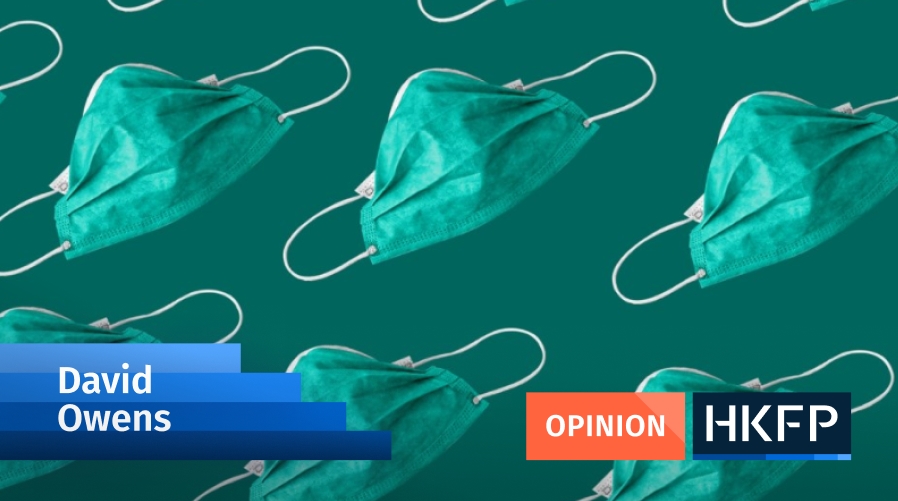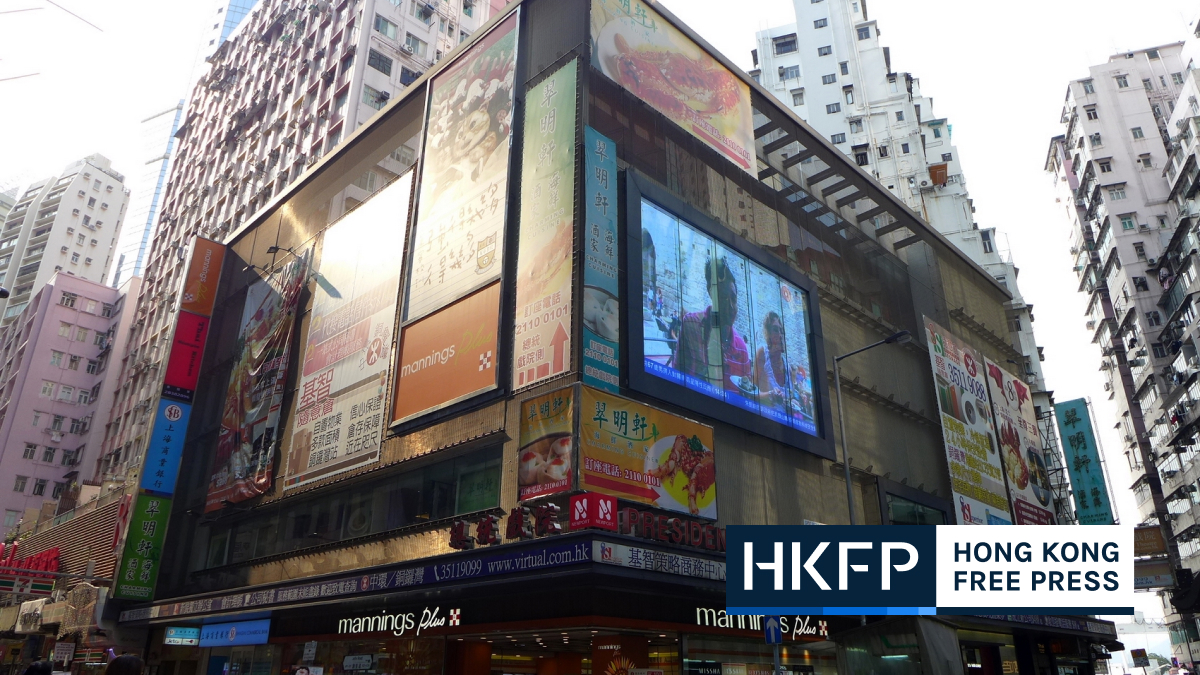The Hong Kong government’s fiscal situation will likely be “worse than expected,” Financial Secretary Paul Chan has said, as he predicted the city could see a deficit of more than HK$100 billion this year, its second-ever highest.

In a blog post published on Sunday, the financial minister estimated that the government’s fiscal reserves could plunge to the edge of HK$800 billion.
If the city were to record a deficit of HK$100 billion for the 2022-2023 financial year, it would be around double the original forecast of HK53.6 billion stated in the annual budget, which Chan delivered in February.
It would also mark Hong Kong’s second-worst fiscal shortfall, after a deficit of HK$232.5 billion was recorded in 2020. Chan said the deficit would have been even more severe if he had not taken into account the HK$35 million the government is set to earn from green bonds to be issued this year.
The financial chief attributed the deficit to the government’s income being “worse than expected,” while expenditure “increased significantly.” The local economy had also continued to be hit hard by the pandemic, as well as tightened monetary policies imposed by central banks.
“[T]he decline in income and the increase in expenditure, coupled with the complicated and volatile external political and economic environment, Hong Kong’s future economic prospects are still full of challenges,” Chan’s blogpost read.

One of the government’s primary goals in the short run was to “make good use of public funds” to support grassroot citizens and people’s livelihoods, Chan said. When rolling out financial assistance, the authorities must take into account the “soundness of public finances” and the appropriate use of public funds, the minister said.
“After all, financial resources are not unlimited,” Chan said.
The economic environment in the coming few quarters will remain difficult, Chan said. The next round of the government’s consumption voucher scheme – valued at up to HK$3,000 – is scheduled to be released from October 1, which Chan said would help inject more than HK$15 billion worth of spending power into the market.
But the key to economic recovery lay in gaining a better grip on epidemic control, as cross-border transfers were “the core of restoring economic momentum,” Chan said. He added that boosting Covid-19 vaccination could give the authorities more room to normalise economic activities, safeguard people’s jobs and promote economic growth in Hong Kong.
Support HKFP | Policies & Ethics | Error/typo? | Contact Us | Newsletter | Transparency & Annual Report | Apps
Help safeguard press freedom & keep HKFP free for all readers by supporting our team















